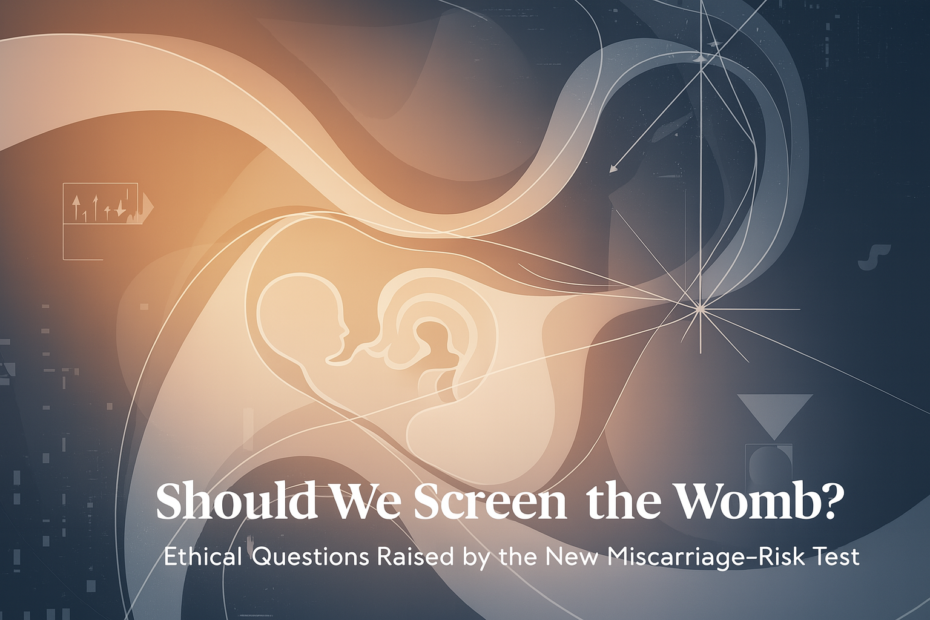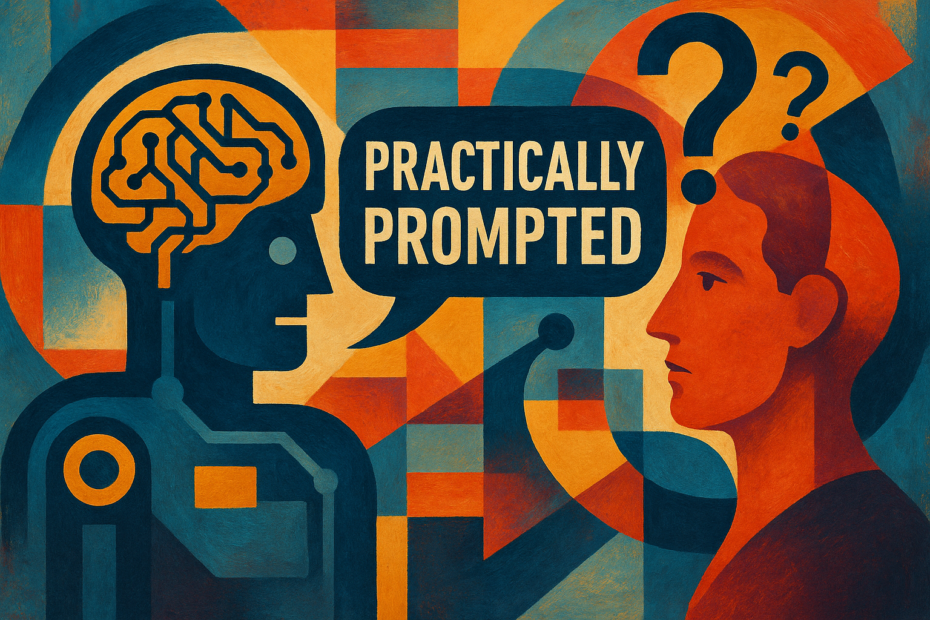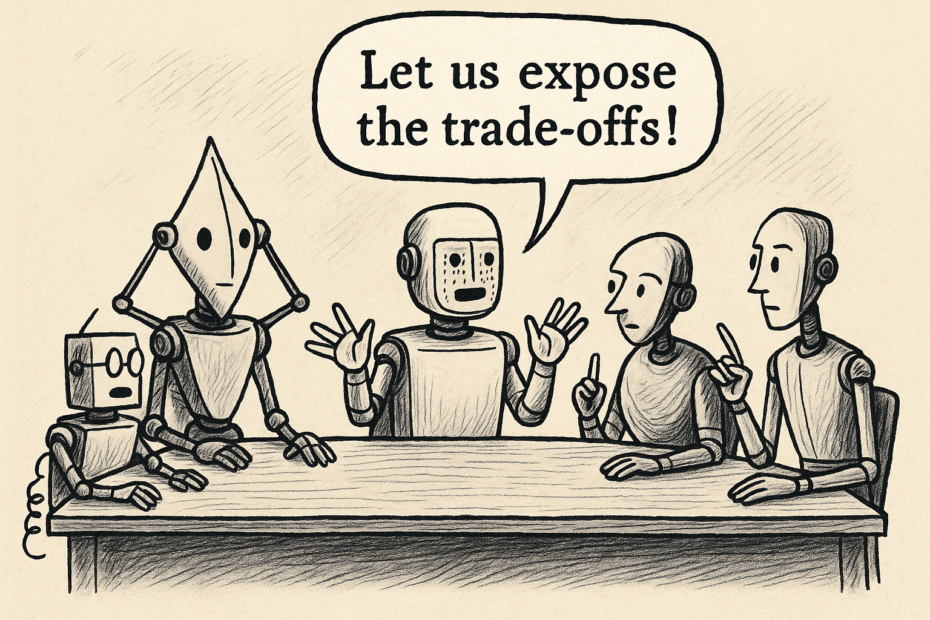Practically Prompted #1: Should We Screen the Womb? Ethical Questions Raised by the New Miscarriage-Risk Test
This is the first in a trial blog series called “Practically Prompted” – an experiment in using large language models to independently select a recent, ethically rich news story and then write a Practical Ethics blog-style post about it. The text below is the model’s work, followed by some light human commentary. See this post… Read More »Practically Prompted #1: Should We Screen the Womb? Ethical Questions Raised by the New Miscarriage-Risk Test




